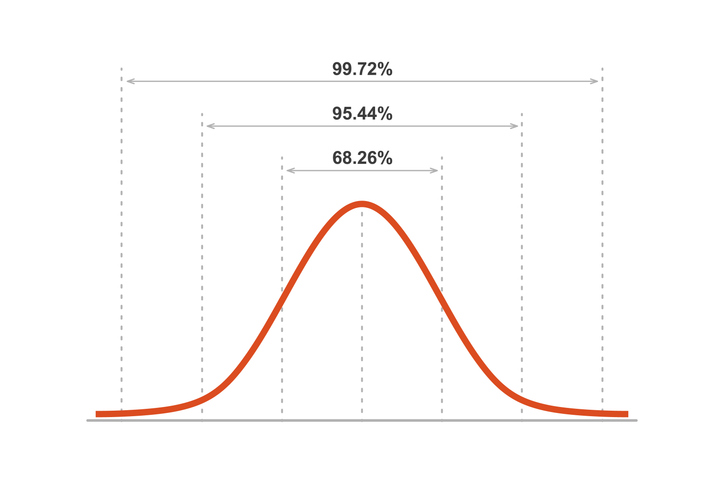Trending Blogs
ALL BLOGS
Interested in Writing for Us?
Share your expertise, inspire others, and join a community of passionate writers. Submit your articles on topics that matter to our readers. Gain visibility, grow your portfolio, and make an impact.
Join Now
OUR WRITERS

Rahul Rego
Data Analytics Expert

Arsha P. Joy
Data Scientist & Writer

Sahin Ahmed
Data Science Expert

Saumya Khare
SkillCamper Editor
Get our stories delivered from us to your inbox weekly.
Thank you! Your submission has been received!
Oops! Something went wrong while submitting the form.
Get a response tomorrow if you submit by 9pm today. If we received after 9pm will get a response the following day.








.jpeg)
